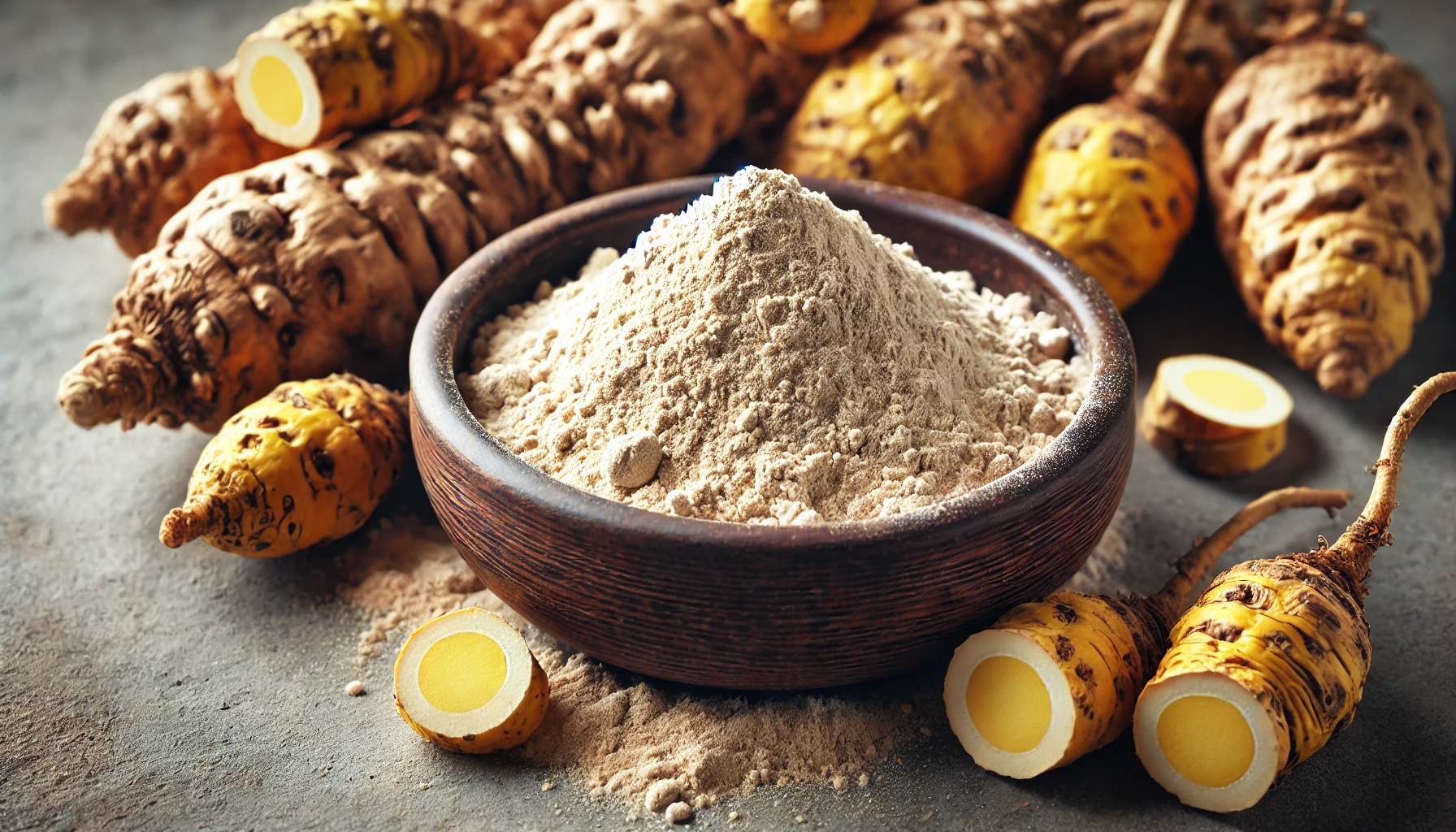The health benefits of maca
Check out this answer from Consensus:
Maca is a versatile root vegetable with a wide range of health benefits, including enhanced reproductive health, improved mood and energy, antioxidant and anti-fatigue properties, neuroprotective effects, cardiovascular health benefits, and anti-inflammatory properties. While traditional use and preliminary studies support these benefits, further research is needed to fully understand the mechanisms and validate the efficacy of maca in various health conditions.
By incorporating maca into the diet, individuals may experience these health benefits, contributing to overall well-being and quality of life.
Maca (Lepidium meyenii), a root vegetable native to the high Andes of Peru, has been traditionally used for its nutritional and medicinal properties. Over the years, scientific research has explored and validated several health benefits associated with maca consumption. This article delves into the various health benefits of maca, supported by recent studies.
Nutritional Composition
Maca is rich in essential nutrients, including fiber, amino acids, fatty acids, vitamins (such as vitamin C), and minerals (such as copper, iron, and calcium)4. Additionally, maca contains unique bioactive compounds like macamides, macaenes, glucosinolates, and polyphenols, which contribute to its health-promoting properties1.
Enhanced Reproductive Health
One of the most well-known benefits of maca is its positive effect on reproductive health. Maca has been traditionally used as a fertility enhancer and aphrodisiac. Studies have shown that maca can improve sexual desire, sperm motility, and overall reproductive capacity in both men and women2 9. However, while some clinical trials have shown promising results, more research is needed to fully substantiate these claims2.
Mood and Energy Improvement
Maca has been found to improve mood and energy levels. A randomized, double-blind, placebo-controlled study demonstrated that the consumption of red and black maca extracts improved mood, energy, and health-related quality of life scores in participants3. These effects are likely due to the presence of bioactive compounds that influence neurotransmitter activity and energy metabolism.
Antioxidant and Anti-Fatigue Properties
Maca exhibits significant antioxidant properties, which help in combating oxidative stress. In a study involving exercised rats, maca supplementation increased endurance capacity and reduced oxidative stress markers, such as malondialdehyde (MDA) levels, while enhancing antioxidant enzyme activities6. These findings suggest that maca can help in reducing fatigue and improving physical performance.
Neuroprotective Effects
Maca has shown potential neuroprotective effects, which may help in enhancing memory and cognitive function. The bioactive compounds in maca, such as macamides and glucosinolates, are believed to play a role in protecting neurons from damage and improving brain function4.
Cardiovascular Health
Maca consumption has been associated with improved cardiovascular health. A pilot study in postmenopausal women found that maca reduced diastolic blood pressure and symptoms of depression5. Additionally, maca has been shown to lower blood glucose levels and improve lipid profiles, which are important factors in maintaining cardiovascular health3.
Anti-Inflammatory and Pain Relief
Maca contains compounds that exhibit anti-inflammatory properties. A study identified N-benzyl-linoleamide, a constituent of maca, as an effective inhibitor of soluble epoxide hydrolase (sEH), which plays a role in inflammatory pain. This compound was found to alleviate inflammatory pain in animal models, suggesting potential benefits for pain management in humans10.
